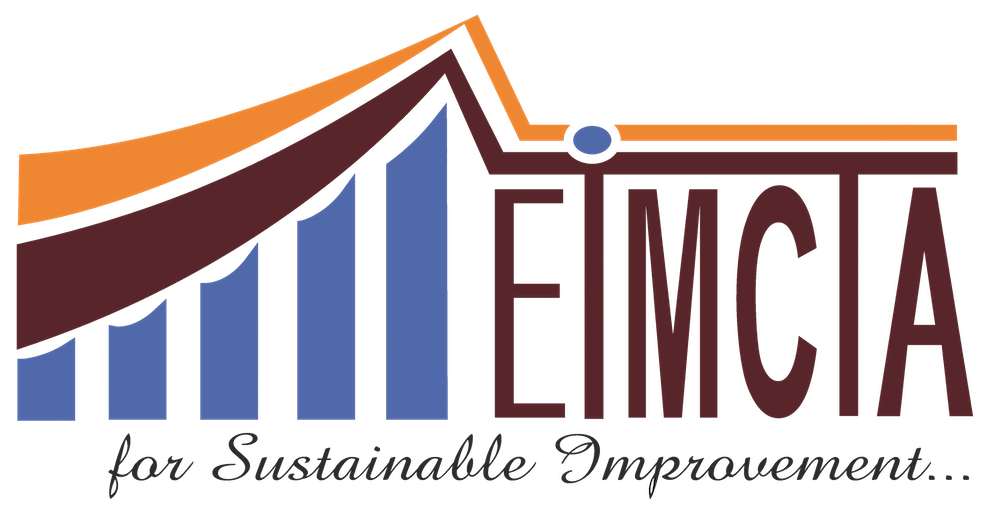
Supply of PPE (Personal Protection Equipment)
The supply of Personal Protective Equipment (PPE) is essential for ensuring the safety and well-being of individuals in the workplace. PPE protects workers from various hazards, including physical, chemical, biological, and ergonomic risks. By providing appropriate PPE, employers can create a safer work environment and enhance overall productivity. This article outlines the principles of supplying PPE, its benefits, and how organisations can implement effective PPE programs.
About The Standard
The principle of supplying PPE revolves around ensuring that individuals have access to the necessary gear to safeguard themselves against workplace hazards and health risks. Employers are legally obligated to provide PPE when hazards are present. This requirement is part of the broader commitment to ensuring the health and safety of employees. The provision of PPE is typically based on thorough risk assessments conducted in the workplace, identifying potential hazards and determining the appropriate types of PPE needed.
Benefits of PPE Supplies
- Reduced Injuries and Illnesses: Properly selected and used PPE can significantly reduce the risk of workplace injuries and illnesses, leading to a safer and healthier work environment.
- Compliance with Regulations: Supplying PPE helps employers comply with legal requirements related to workplace health and safety. This compliance avoids potential fines, penalties, and legal liabilities.
- Improved Morale and Productivity: When employees feel that their safety is a priority and that they have access to necessary protective gear, it can boost morale and increase productivity.
- Lower Healthcare Costs: Fewer workplace injuries and illnesses mean reduced healthcare costs for both employers and employees, including lower insurance premiums.
- Protection of Reputation: A commitment to providing PPE demonstrates an organisations dedication to employee well-being and can enhance its reputation both internally and externally.
Who Can Apply?
Any organisation that has employees working in environments with potential hazards can apply the principles of supplying PPE. This includes industries such as construction, manufacturing, healthcare, and laboratories. Employers must assess their specific risks and determine the appropriate PPE for their workforce.
How Can You Apply?
To effectively implement a PPE supply program, organisations can follow these steps:
- Conduct a Risk Assessment: Identify the hazards present in the workplace and determine the appropriate types of PPE required to mitigate those risks.
- Select Appropriate PPE: Choose PPE that is suitable for the specific hazards present, considering factors such as the type of hazard and the duration of exposure.
- Provide Training and Education: Alongside supplying PPE, employers should provide adequate training on its proper use, maintenance, and storage. This ensures that workers understand how to effectively utilize the equipment for their safety.
- Ensure Accessibility: PPE should be readily accessible to all workers who require it. Maintain sufficient quantities and ensure that it is easy to obtain when needed.
- Implement Regular Inspections and Maintenance: Employers are responsible for ensuring that PPE remains in good condition. Regular inspection, maintenance, and replacement of damaged or expired equipment are essential to its effectiveness.
YouTube Video
To gain further insights into the importance of supplying PPE, watch our detailed YouTube video: Understanding PPE Supply or click on the image below.
